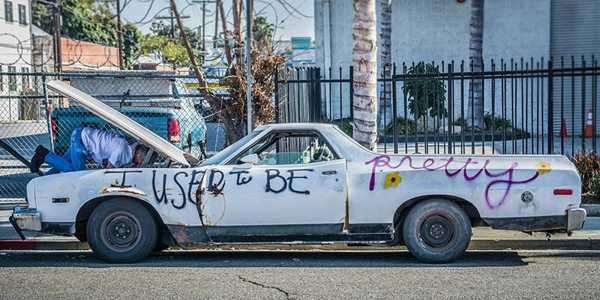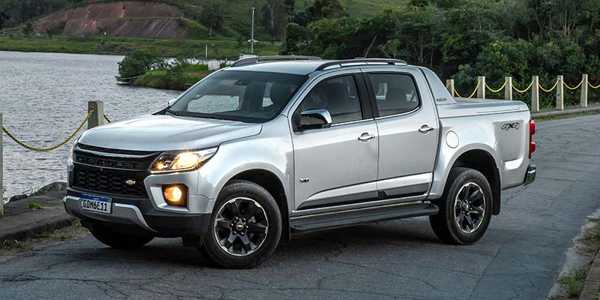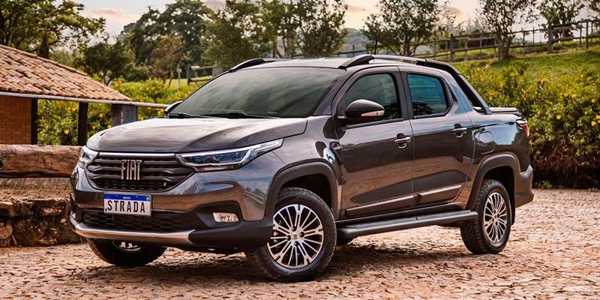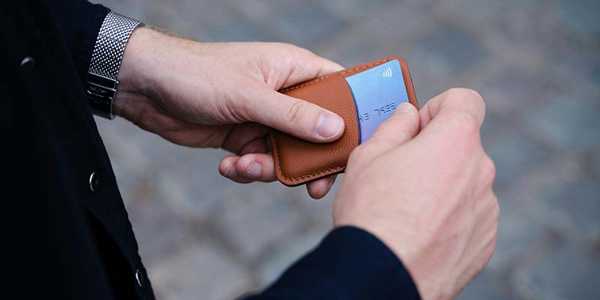Travel Insurance for UK Seniors: Ensuring Coverage for Pre-Existing Medical Conditions
Como Ganhar Dinheiro Online: 19 Ideias de renda extra
Como encontrar advogados especialistas em diversas áreas jurídicas
Guia Completo para Comprar Carro Usado no Brasil
Melhores cursos de marketing digital online: do iniciante ao Pró
Tragbare Treppenlifte 2025 für Senioren: Unabhängigkeit und Bequemlichkeit ohne Installationsaufwand
Guide to Budget-Friendly Police Impounded Cars
Finding a good deal on a vehicle can be quite the challenge, especially if you're working with a limited budget. This guide will provide you with all the information you need to set a realistic budget, inspect vehicles thoroughly, and finalize your purchase, ensuring you drive away with an affordable and reliable option.
Finding a good deal on a vehicle can be quite the challenge, especially if you're working with a limited budget. This guide will provide you with all the information you need to set a realistic budget, inspect vehicles thoroughly, and finalize your purchase, ensuring you drive away with an affordable and reliable option.
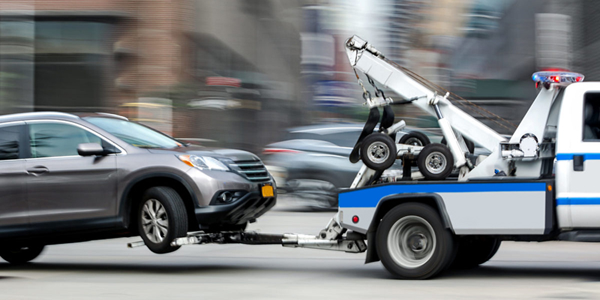
Setting a Realistic Budget
Before diving into the world of police impound auctions, it's essential to set a realistic budget. Your budget should not only cover the purchase price of the vehicle but also additional costs such as repairs, registration, and insurance. Here's a step-by-step guide to help you establish your budget:
1.Evaluate Your Financial Situation
First, take a close look at your current financial situation. Calculate how much money you can comfortably allocate towards a vehicle without straining your finances. Consider your monthly income, expenses, and any savings you have set aside for this purpose.
2.Research Market Prices
Get an idea of the market prices for the types of vehicles you're interested in. Websites like Kelley Blue Book and Edmunds can provide valuable insight into the fair market value of cars based on their make, model, year, and condition. This information will help you set a maximum bid limit and avoid overpaying at the auction.
3.Account For Additional Costs
Remember, the purchase price is just the beginning. Factor in additional costs such as repairs and maintenance, as police-impounded cars may have been sitting unused or might have minor damages that need fixing. Additionally, consider registration and taxes, as some states require buyers to pay taxes on auctioned vehicles. Finally, ensure you can afford the insurance premiums for the vehicle you plan to buy.
4.Create a Buffer
It's wise to set aside a buffer amount for unexpected expenses. Cars purchased at auctions might come with surprises, and having a financial cushion can help you manage any unplanned costs without stress.
Inspecting Vehicles Thoroughly
Once you've set your budget, the next crucial step is to inspect the vehicles thoroughly. Unlike buying from a dealership, auctioned vehicles are usually sold as-is, meaning you won't have recourse if there are problems after the purchase. Here's how to ensure you get a reliable car:
1.Attend Pre-Auction Inspections
Most police impound auctions allow potential buyers to inspect the vehicles before the auction day. Make sure to take advantage of this opportunity. Bring along a flashlight, a notepad, and a mechanic friend if possible, to thoroughly examine the cars you're interested in.
2.Check The Exterior And Interior
Start with a visual inspection of the car’s exterior and interior. Look for signs of damage, rust, or previous repairs. Check the condition of the tires, lights, and windows. Inside the car, examine the seats, dashboard, and carpets. Make a note of any visible issues.
3.Inspect Under The Hood
Pop the hood and inspect the engine and other components. Look for leaks, corrosion, and worn belts or hoses. Check the oil level and color – it should be golden brown and free of debris. Dark, dirty oil might indicate poor maintenance.
4.Test The Electrical Systems
Turn on the car's electrical systems, including lights, wipers, and the radio, to ensure they are functioning correctly. Electrical issues can be expensive to fix, so it's important to identify any problems early on.
5.Run a Vehicle History Report
Use the vehicle's VIN (Vehicle Identification Number) to run a history report through services like Carfax or AutoCheck. This report will provide you with important information about the car's past, including any accidents, title issues, or odometer discrepancies.
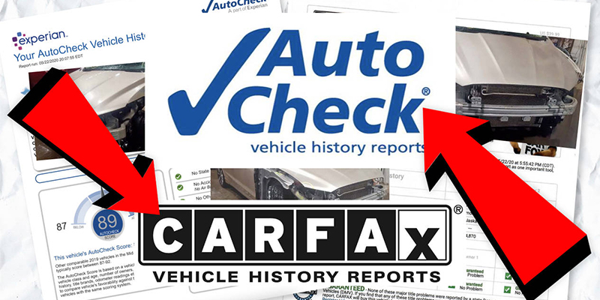
6.Take a Test Drive
If possible, take the car for a test drive. Pay attention to how it handles, any unusual noises, and the performance of the brakes and transmission. A test drive can reveal issues that might not be apparent during a stationary inspection.
Finalizing The Purchase
After setting your budget and inspecting the vehicles, it’s time to finalize your purchase. Here's a step-by-step guide to help you navigate this process smoothly:
1.Register For The Auction
Most police impound auctions require you to register before you can participate. This process usually involves providing some personal information and agreeing to the auction terms and conditions. Be sure to complete this step well in advance of the auction day.
2.Understand The Auction Rules
Each auction has its own set of rules and procedures. Familiarize yourself with these rules to avoid any surprises. Pay particular attention to bid increments, payment methods, and any fees that may apply.
3.Set Your Bidding Strategy
Having a clear bidding strategy is essential. Decide on your maximum bid for each vehicle you're interested in, and stick to it. Avoid getting caught up in bidding wars, as this can lead to overpaying.
4.Participate In The Auction
On the day of the auction, arrive early to get a good spot and review the auction catalog one last time. When the bidding starts, stay calm and focused. If you win a bid, follow the auctioneer's instructions for finalizing the purchase.
5.Complete The Paperwork
After winning a bid, you'll need to complete the necessary paperwork. This typically includes signing a sales agreement and paying the required amount. Be sure to get a bill of sale and any other documentation needed for registration.
6.Arrange For Transport
Once the purchase is finalized, arrange for the transport of your new vehicle. Depending on the auction location and the car’s condition, you may need to hire a towing service.
Affordable And Reliable Options
Purchasing a police impounded car can be a smart move if you’re looking for an affordable and reliable vehicle. With careful planning and thorough inspections, you can find a car that meets your needs without breaking the bank. Remember to set a realistic budget, inspect the vehicles thoroughly, and follow the auction rules to ensure a smooth buying experience. Happy car hunting!

